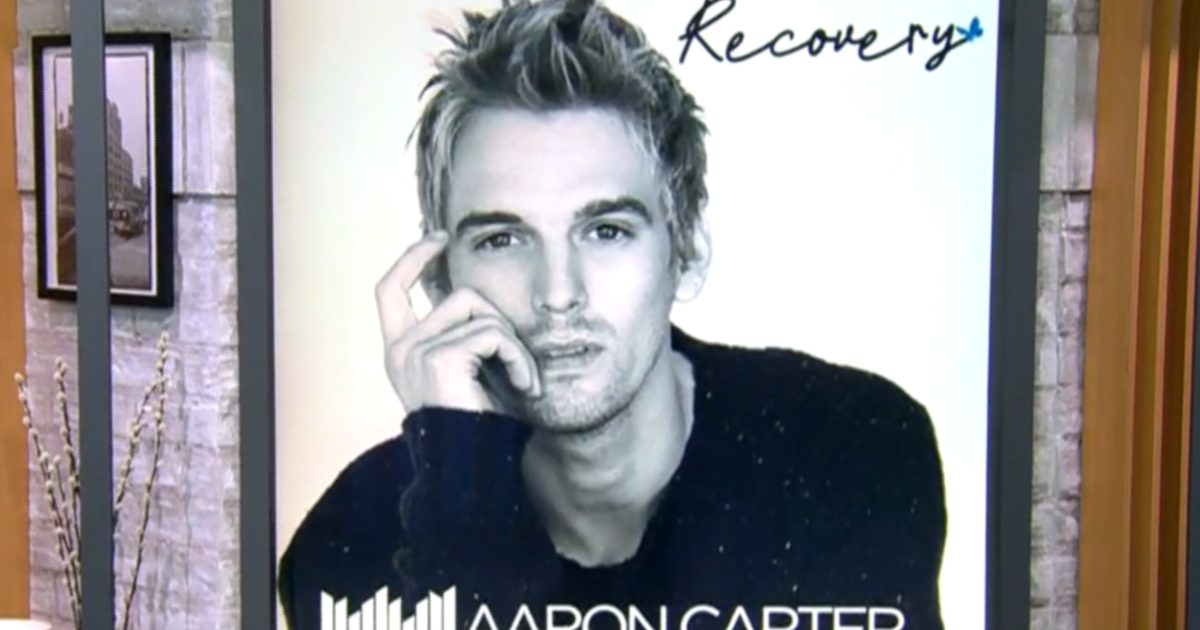Luke Perry's sudden death and the warning signs of strokes
Actor Luke Perry, best known for his roles on "Beverly Hills, 90210" in the 1990s and, more recently, "Riverdale," died Monday after suffering a "massive stroke" last week, a representative confirmed to CBS News. He was rushed to a hospital in Los Angeles last Wednesday and died five days later surrounded by his children and other family members and friends.
His death serves as a tragic reminder that stroke can affect anyone at any age, and the effects can be devastating.
Each year, more than 795,000 Americans suffer a stroke, according to the Centers for Disease Control and Prevention. About 140,000 of those people will die. Strokes are responsible for about 1 out of 20 deaths in the United States, making it the fifth leading cause of death among Americans.
Stroke warning signs
The chances of survival are greater the earlier treatment begins, so knowing the warning signs of a stroke is important. Much like the way putting out a fire quickly can prevent it from spreading, treating a stroke as fast as possible can reduce damage to the brain.
Symptoms of stroke may include:
- Trouble with speaking and understanding.
- Paralysis or numbness of the face, arm or leg
- Trouble with seeing in one or both eyes
- Headache
- Trouble with walking
To spot the warning signs of a stroke, the American Heart Association recommends using the letters "F.A.S.T.," which stand for:
- Face dropping: Does one side of the face droop or is it numb? Ask the person to smile to see if his/her smile is uneven or lopsided.
- Arm weakness: Is the arm weak or numb? Ask the person to raise raise both arms to see if one arm drifts downward.
- Speech difficulty: Is speech slurred? Is the person unable to speak or hard to understand? Ask the person to repeat a simple sentence to check.
- Time to call 9-1-1: If someone shows any of these symptoms — even if the symptoms go away — call 9-1-1 to help get the person to the hospital immediately. Also note the time when the first symptoms appear, as emergency responders will want to know.
Stroke risk factors
It's also important to know the risk factors for stroke. These include some things you can't control like age, race, sex and family history. Men, people age 55 or older, and African-Americans are at a higher risk of stroke. People with a family history of stroke are also at a higher risk.
There are also some modifiable risk factors, or those you can change. These include being overweight or obese, physical inactivity, smoking cigarettes, heavy alcohol use, use of illicit drugs like cocaine and methamphetamines, high blood pressure, high cholesterol, diabetes, obstructive sleep apnea, and cardiovascular disease, which includes heart failure, heart defects, and abnormal heart rhythm.
Stroke prevention
Knowing your risk factors and working with your doctor on a treatment plan to develop a healthier lifestyle are the best ways to prevent a stroke.
"If you're smoking stop immediately and if you're not smoking, don't think about starting," CBS News chief medical correspondent Dr. Jon LaPook told CBSN. "You need to know your blood pressure and you need to know your lipids — your good cholesterol, which is the HDL, and your bad cholesterol, which is the LDL. Those can help determine what your risk is."
Eating a diet rich in fruits and vegetables, maintaining a healthy weight, exercising regularly, and avoiding alcohol or drinking in moderation can also help reduce the risk of stroke.




